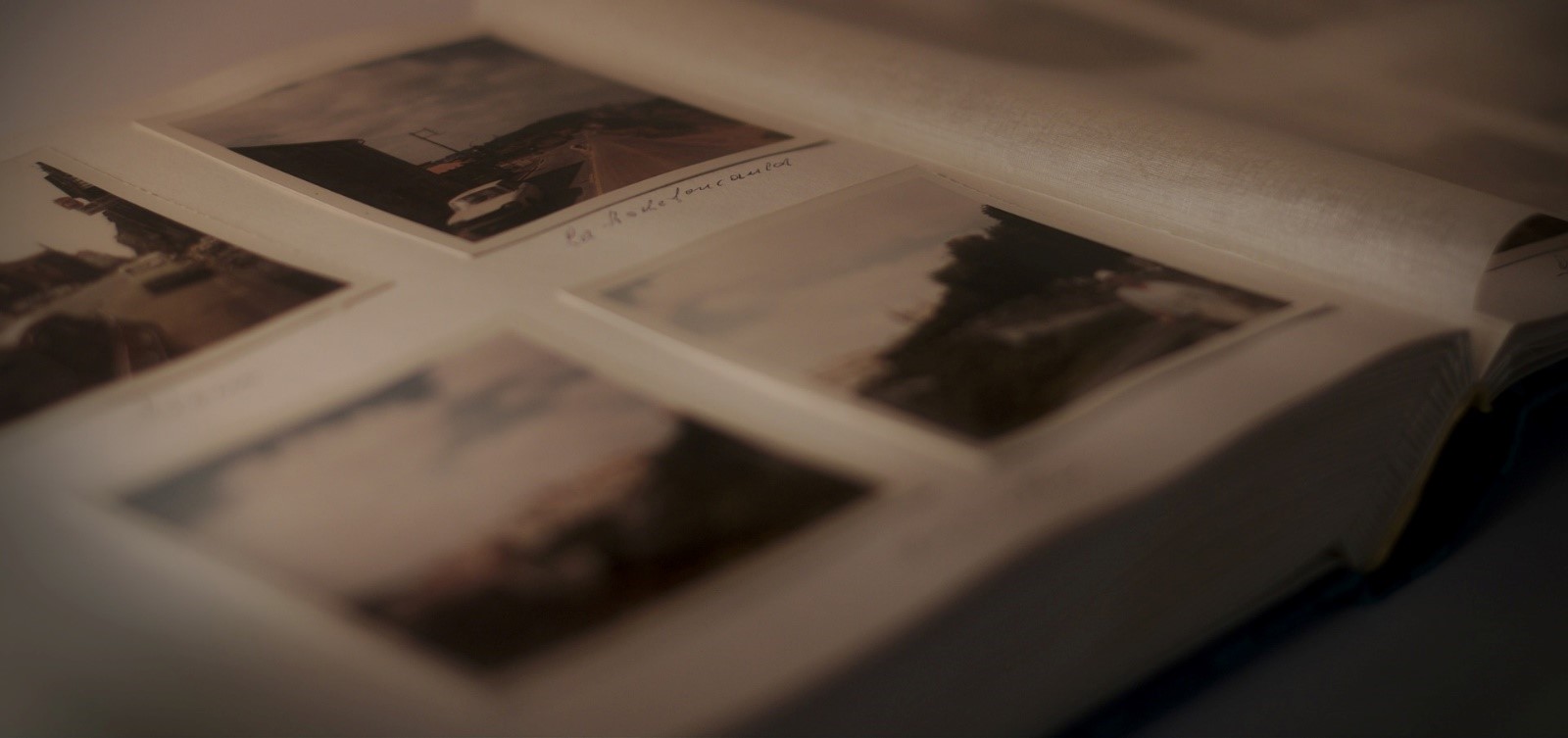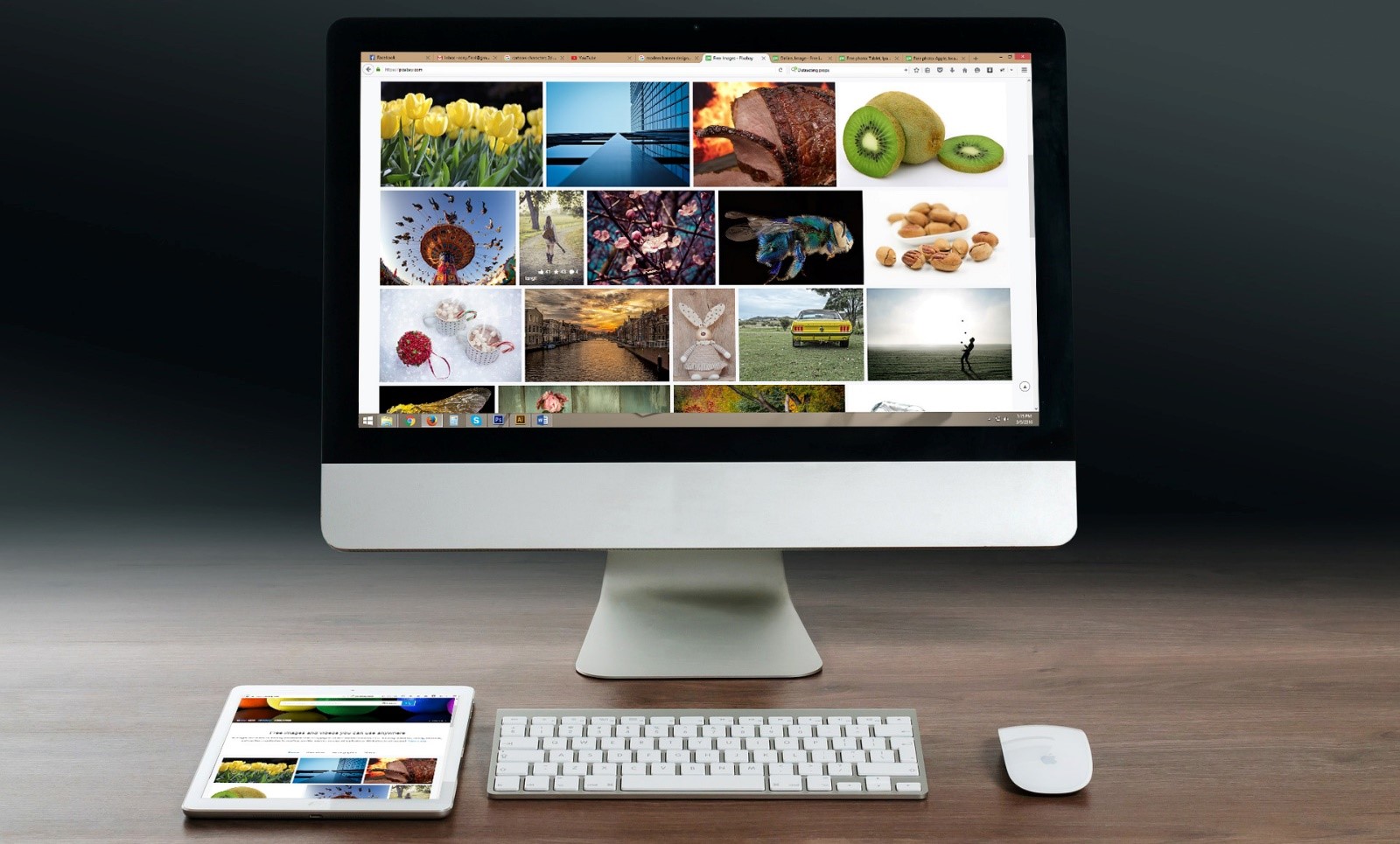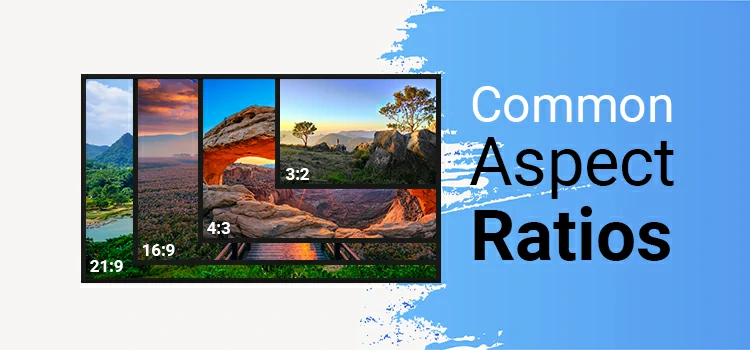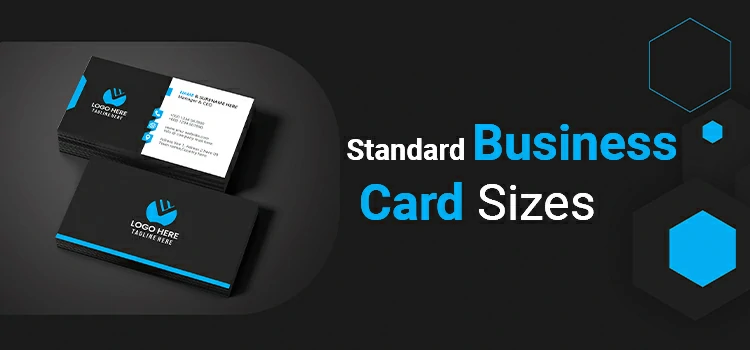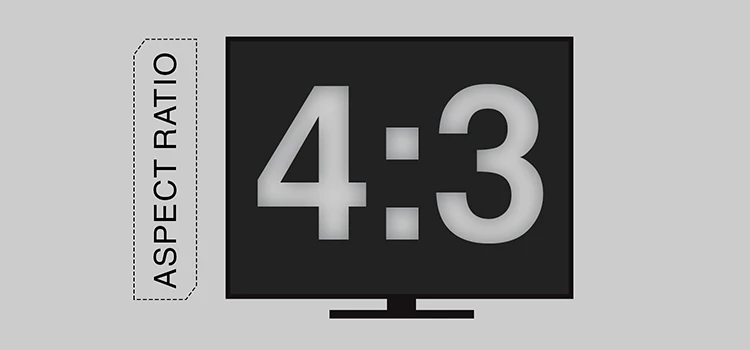7 Tips For Making Your Professional Photography Portfolio

An image is important to describe a fact more clearly than it can be done with words. And for a photographer, it is important to know photography, as well as the ‘, know-how’ to make a great portfolio. A portfolio is like a CV that represents a photographer to others. So, it is very much important to create a great looking and well-organized portfolio.
So what does a portfolio mean? A portfolio is an edited collection of an artist’s best artwork intended to represent his/ her work. A portfolio reflects an artist’s best work or depth in one specific area of work.
Here in this article, we are going to tell you some tips with an expert’s opinion to create a portfolio for your photographs that really works!
#1: Begin your journey, look and examine
As it is very much confusing from where to start, so it is the best way to observe the great work portfolio done by expert photographers. It will help you to create your own idea which will make your portfolio better. Also, you can check out the works of famous photographers who are currently producing industry quality works in the field of photography.
CAUTION: Do not expand your research area very much, it will make you confused. Just work with your interest area.
#2: Define the purpose of your portfolio
Before making a portfolio, you must have to decide the purpose of it. For example, for whom you are making this? Is it for your family members, friends, or for professional work? Based on the purpose, the type or style of the photo will be different. If you have a photo exhibition or a photography job interview, the portfolio style must be based on this.
#3: Style, design, and theme are a fact
Well, you will have to decide what the style and design of your portfolio will be. If you want to print your photos on paper, you can choose a folder or album like a portfolio bag which size is 20×30 cm or A4 size. Moreover, the photographic paper (where the image will be printed) and the image quality should be high according to your ability
There are no restrictions on size, shape, or style – the more personal it is and the more it says about you as an artist, the better.
The theme of the portfolio should be based upon the audience. If you are a photography job seeker, then the portfolio should be portrait style. Otherwise, themes can be chosen according to your requirements.
#4: Choose the best photos
Yes, I agree that all of your photos are favorite to you. But you may not be the best judge of your own shots. So, you can show your shots or images to someone who can give a logical opinion about your photo. Choose your best work to represent your creativity. Remember that it is a portfolio, not your computer’s drive where you can store all your photos. Nobody is interested in looking up to all shots you have captured. So, try to choose the best shots by using your photographic sense and other’s opinion.
#5: Presentation Strategy

Presentation style and format is another important fact to make your portfolio more lucrative to those who will view it. An unorganized and badly presented portfolio will not get a proper judgment from your viewers. Again, you have to enhance the quality of portfolio images through presentation techniques, borders, and the color of the backing sheet.
#6: The center of your portfolio- content
Once the portfolio styling, format, designs are ready; it’s time to focus on the content. How can you arrange the contents in your portfolio?
Here are some suggestions-
- An artistic statement that outlines your concept or theme and personal information
- A list of shots included in the portfolio
- Titles for shots with a brief explanation
- Date/location
- A contact sheet in thumbnail
#7: Do you want to create an online portfolio?
You may be interested in creating an online portfolio of your photographs. You can create a custom website by yourself which can be a representation of your own unique brand. But if you want to focus on your work, you can use the portfolio builder site. The benefit of using such a site is that it will help you to create a working, professional site in a short amount of time. Now you can focus on creating and refining your photography.
Important facts regarding online portfolio:
–Show off your best work.
— Organize them in a proper way
— Make your site user and SEO friendly
–Social network sharing
Expert’s opinion
Let’s hear from the head of the New York Film Academy, Brian Dilg. He has given some tips on popphoto.com. I am giving here some highlighted parts of his tips.
- Never use similar or slightly different images in your portfolio that are shot at the same time. If you do that, it will certainly indicate that you are not interested in evaluating your own work.
- DO NOT just shot. First, have a sharp look at everything. Then you should decide what to shoot or not.In your portfolio, include only those photos which will blow away everyone’s mind.
- Image order in the portfolio is important. The first image MUST BE the best one chosen by you. If the starting photo is gorgeous, your portfolio will get the attraction.
What are the benefits of a print portfolio vs. a digital one?
Electronic images and the internet are convenient, but to some, they are not beautiful. They are not organic, and you can’t touch and hold them and put them on your shelf. Just make sure that your prints are up to exhibition standards.
Nevertheless, if you are under a deadline, have to get a portfolio out, and do not have time to make prints, do not let stop you – run over with an iPad. Just get it out there.



